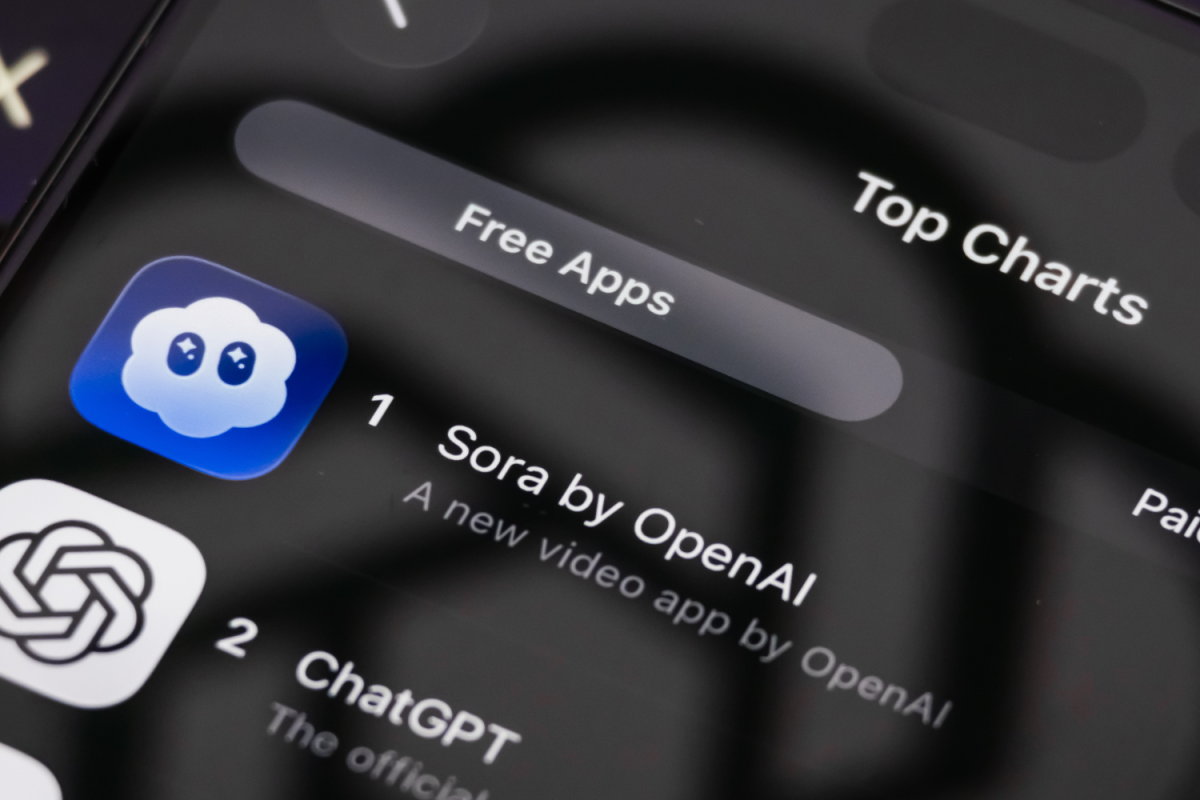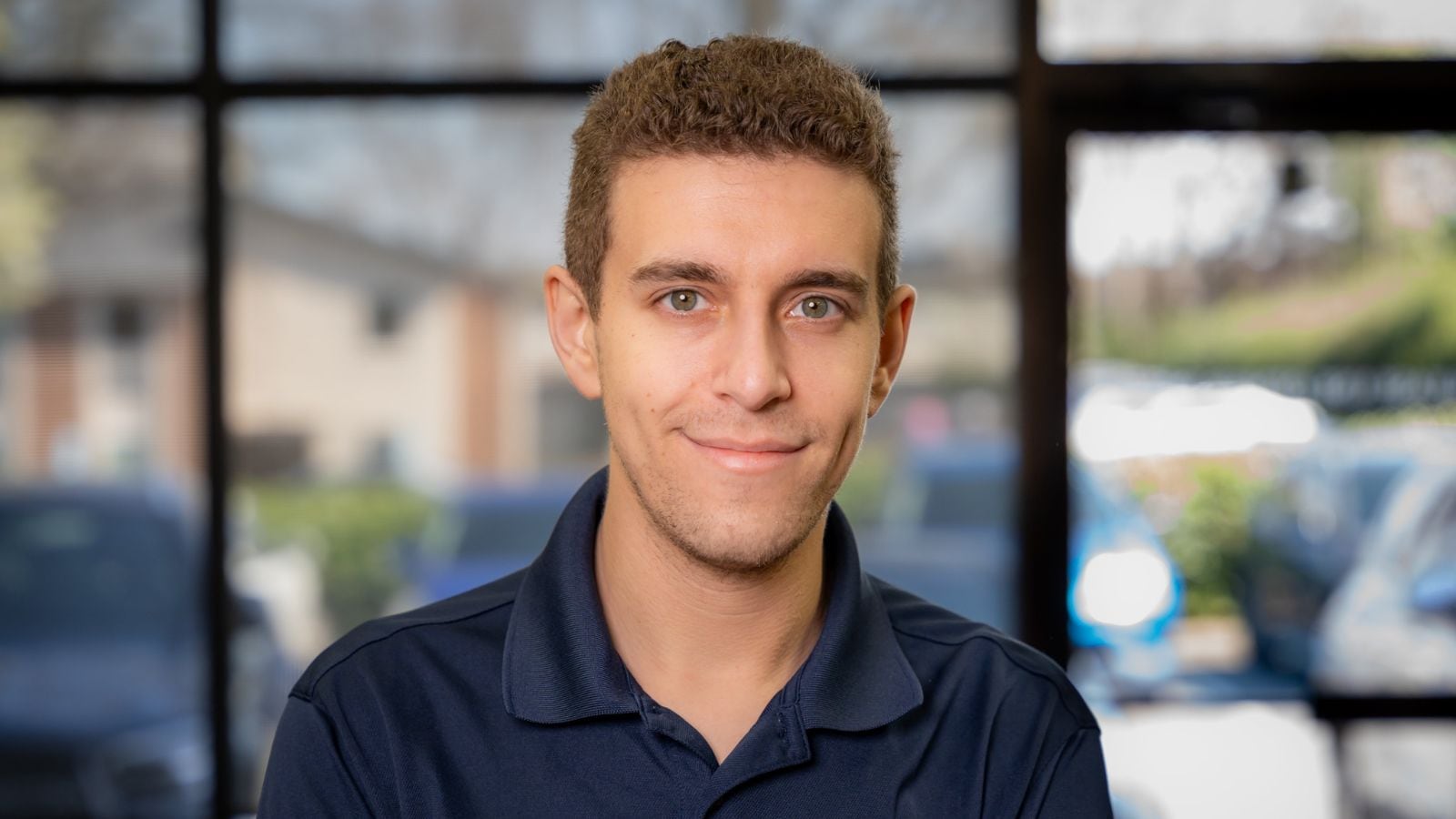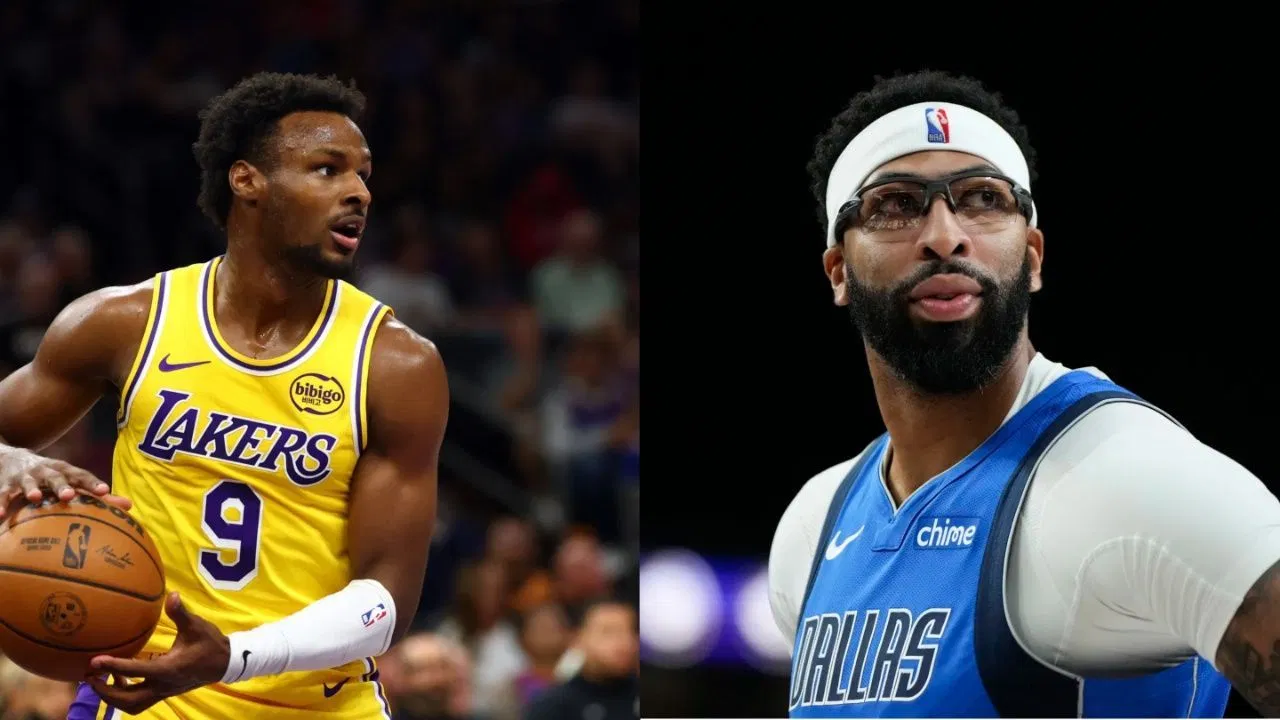Copyright Newsweek

OpenAI’s video tool Sora 2 has banned the use of real people’s likenesses and copyrighted characters in AI-generated videos after mounting backlash from celebrities, creators and rights-holders. Sora, which OpenAI publicly released in December 2024, can generate extremely realistic videos in just seconds after entering a text prompt or image. Videos created with the platform have gained viral attention for their uncanny realism, spawning clips of everything from Mickey Mouse skateboarding to Jake Paul dressed as Tinkerbell. But as Sora 2 users began recreating celebrities without consent, OpenAI was forced to act. Under the company’s updated policy, any person or character must now opt in before their likeness can be used. On Monday, actor Bryan Cranston issued a statement through Screen Actors Guild-American Federation of Television and Radio Artists (SAG-AFTRA), publicly praising OpenAI for tightening the rules after complaints from performers who found their faces and voices appearing in AI clips without permission. “I was deeply concerned not just for myself, but for all performers whose work and identity can be misused in this way,” Cranston said. “I am grateful to OpenAI for its policy and for improving its guardrails.” AI generated videos are becoming increasingly commonplace across the internet, leaving many people questioning whether what they see can really be believed. From footage of rabbits jumping on trampolines to babies walking from birth, some videos are easy to spot while others are fooling audiences. Vasant Dhar, a professor at New York University’s Stern School of Business and author of the upcoming book Thinking With Machines: The Brave New World of AI (Wiley, out Nov. 18), told Newsweek the use of people’s likenesses in AI content “is not obvious” to justify. “It’s not obvious to me that that’s fair use,” Dhar told Newsweek. “There’s too much murkiness around this—it depends on how it’ll be used. It's hard to like have a policy that says 'It can actually work to humanity's benefits so let's leave it open,' even though we know that it has all kinds of potential harms associated with it." The Dead Celebrity Loophole However, the new guardrails don’t cover everyone. Users are still generating content featuring deceased figures such as Robin Williams, Michael Jackson, and Elvis Presley. The family of Martin Luther King Jr. successfully pushed for Sora 2 to block his likeness on October 17, but other estates have not been as lucky. Williams’ daughter, Zelda Williams, recently urged users to “stop sending AI videos of dad.” “It's well and good if you have an estate and you have the means and you have people who care about your memory and your legacy to say I'm opting out of this. That’s better than unbridled use and not even allowing people to opt out. But it’s still fairly meager for people who don’t have estates, who can’t defend themselves,” Dhar said. Other clips of deceased celebrities include footage of Tupac Shakur with Marilyn Monroe and the late Queen Elizabeth II stealing from a supermarket. The so-called “dead celebrity loophole” exposes a legal gray area: posthumous likeness rights vary widely across the world, leaving families with little recourse. On Friday, OpenAI said in a statement: “While there are strong free speech interests in depicting historical figures, OpenAI believes public figures and their families should ultimately have control over how their likeness is used. Authorized representatives or estate owners can request that their likeness not be used in Sora cameos.” For Dhar, the ability for people with estates to opt out isn’t good enough in most cases. “It's really still fairly meager for people who don't have estates, who don't have this ability to defend themselves, whose future projections might be changed by the AI, in ways that are not complimentary,” he said. “They could take someone who had been a saint and turn them into a devil. Is that fair? I think that's a really slippery slope.”



